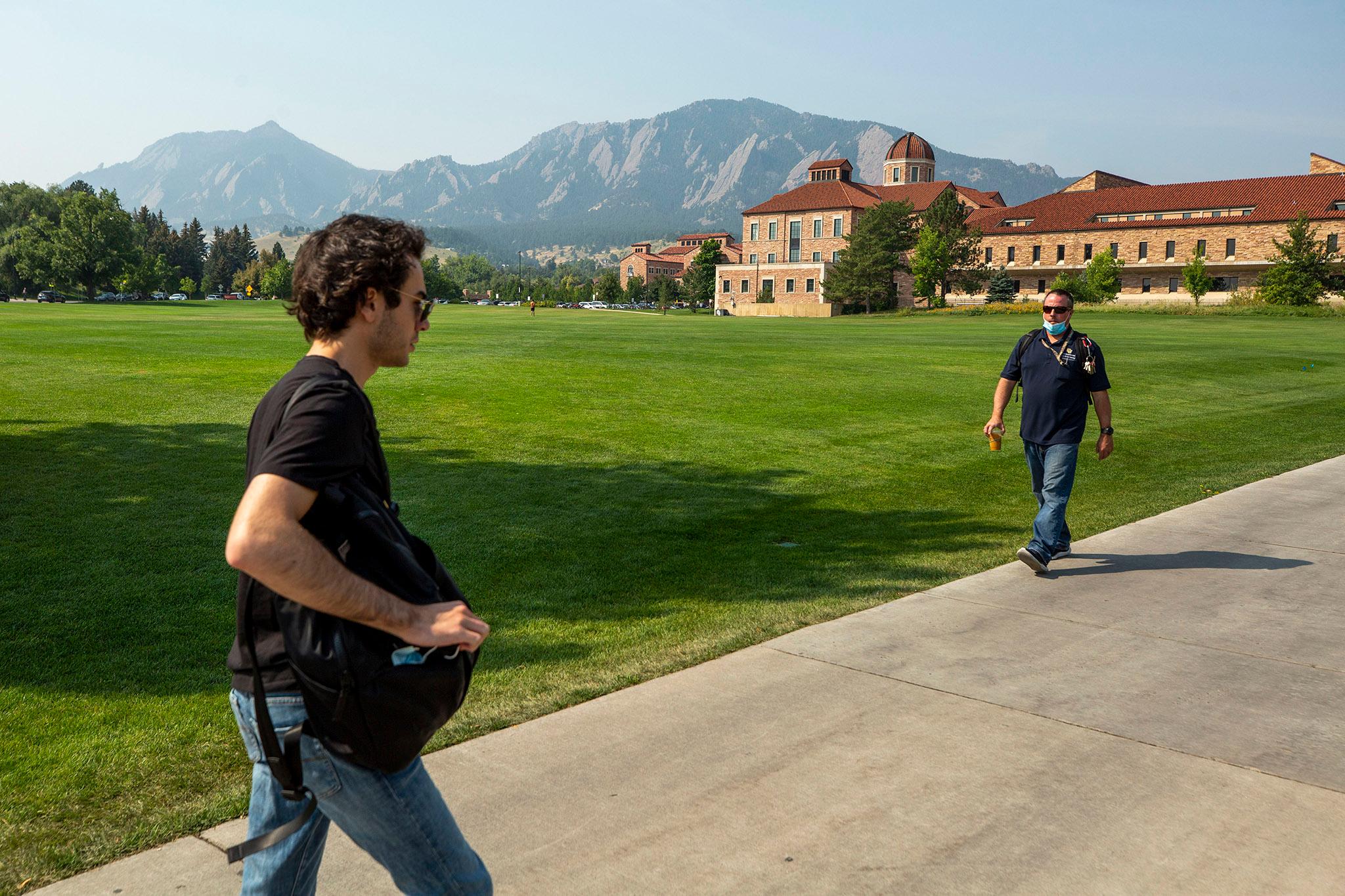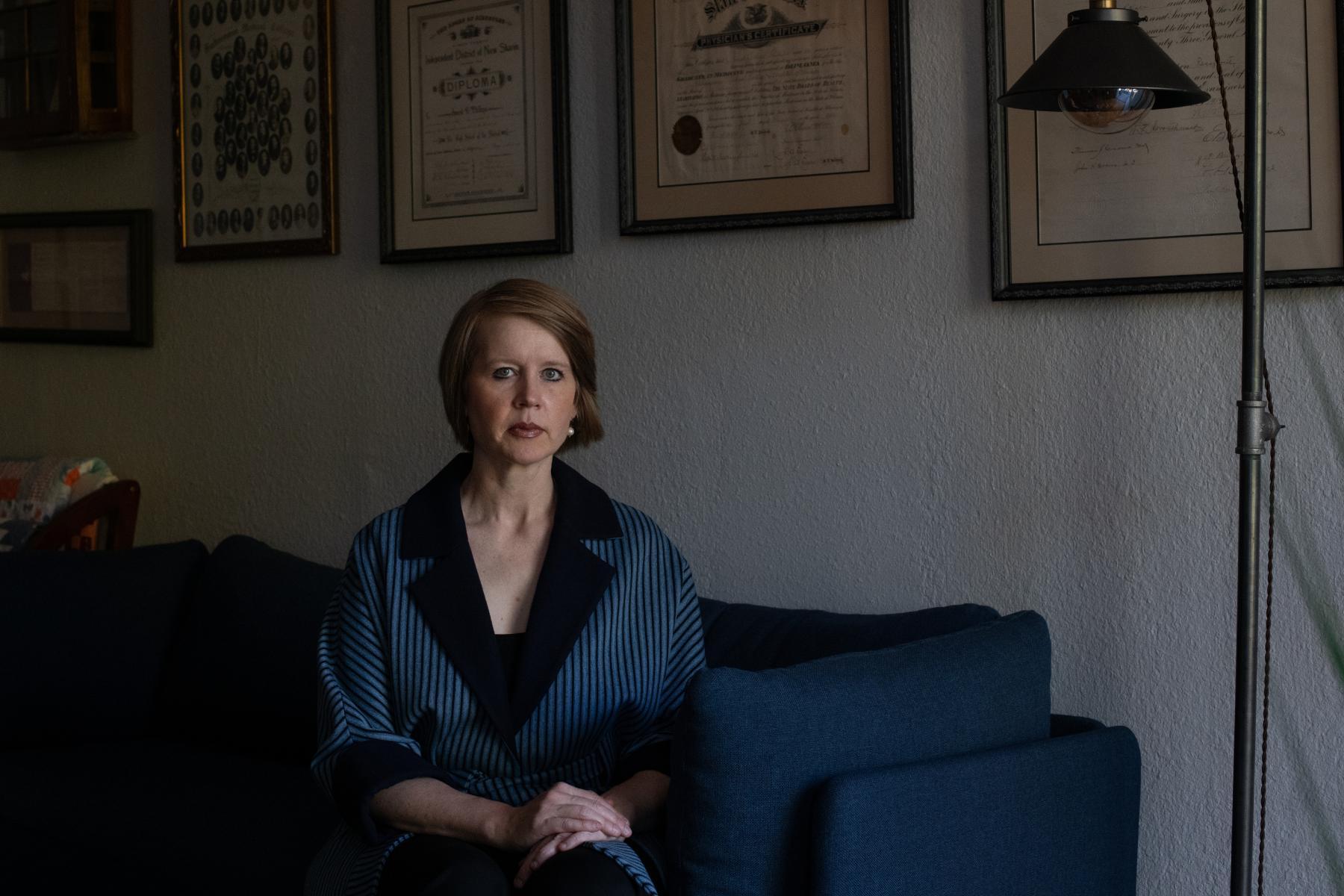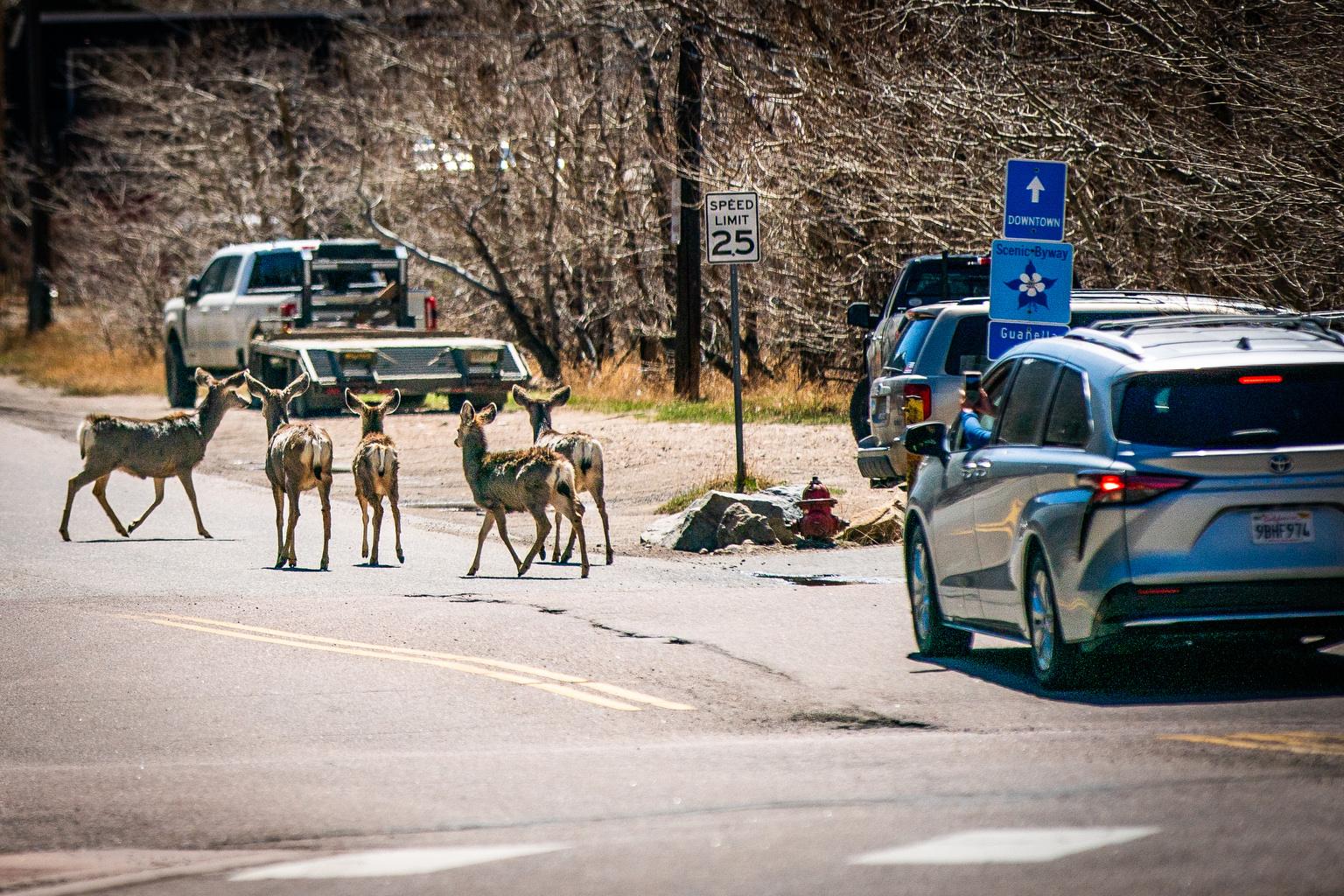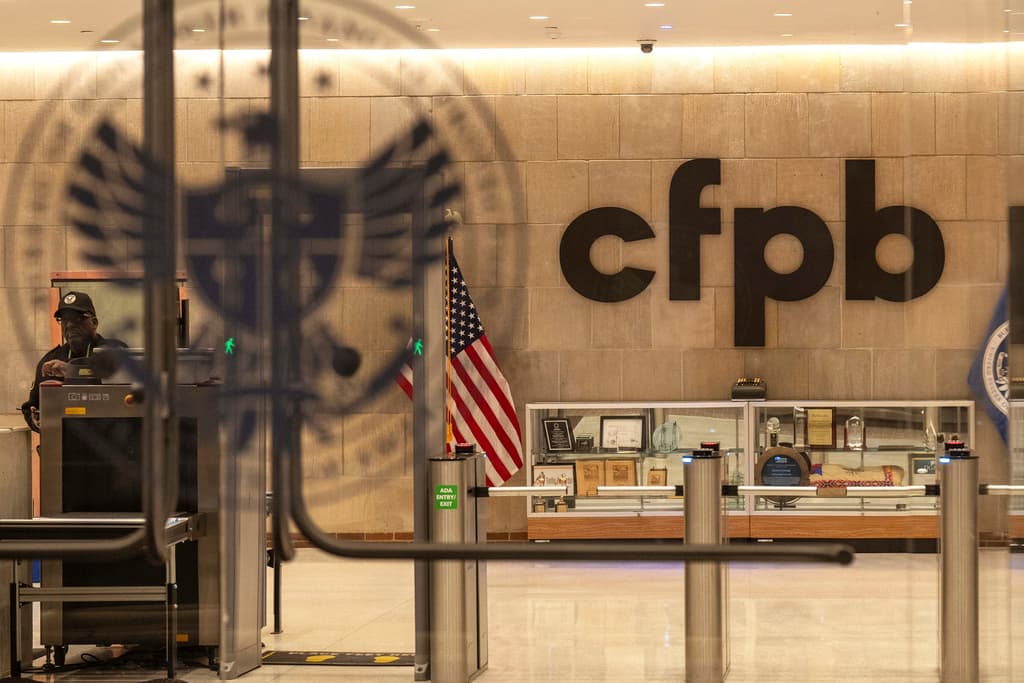
The University of Colorado’s Board of Regents will release the names of one or more finalists to become the next president of Colorado's biggest university system on Tuesday.
“As elected representatives, we look forward to receiving significant public input after Tuesday’s vote,” the regents said in a statement Monday. “Voting on who the president will be is each regent’s constitutional duty, and we take this responsibility very seriously.”
The candidate demographics and what the process looks like
Regents have declined to release names of finalist candidates but released a demographic breakdown of candidates who have been considered. It shows that a third of the candidates in the original pool were people of color, with a single candidate of color among the final pool of five.
The process was criticized last month by Latino advocacy groups, outraged that one prominent Colorado Latino with deep experience in higher education did not make it into the final round.
The recruiting firm hired by the university put forward a pool of 39 candidates: 13 women and 26 men — 13 candidates from Black, Indigenous and People of Color (BIPOC) groups — from 20 states, the District of Columbia and international candidates.
Then a search committee — including students, faculty, staff, deans, alumni and donors, and community groups — vetted and interviewed 10 candidates from seven states: seven women and three men, two of whom are BIPOC candidates. The committee then forwarded five unranked candidates to the board of regents for interviews. Those candidates included three women and two men, one BIPOC candidate, from five states.
'We're invisible. And we're frustrated': Not including Joe Garcia among the finalists ignites concerns
Joe Garcia, a former lieutenant governor and former executive director of the Colorado Department of Higher Education, was not among those five finalists. Garcia was one of 11 applicants interviewed by the search committee, but he did not advance to an interview with the university’s full board of regents.
Garcia currently leads the state’s largest system of higher education, the Colorado Community College System.
“I have known Joe Garcia since he was a Harvard Law student and his 20-year history in higher education is extraordinary,” Federico Peña, board chair of the Latino advocacy organization CLLARO said last month. “It’s unbelievable that his name will not be presented to the full board of regents.”
CLLARO and several other groups said they were outraged that someone with Garcia’s experience leading higher education institutions and deep political background in Colorado missed the final cut.
Mario Carrera, president of the organization, said knowing nearly a quarter of the state is Latino and that the University of Colorado has been deficient in graduating Latino students and hiring Latino staff, “it begs the question, what is the board of regents looking for that somehow someone of this caliber did not even make the top five candidates?”
Carrera said it’s all the more surprising given the turbulence the University of Colorado has experienced in leadership over the past few years. CU regents have been searching for a new president following the announcement last May that president Mark Kennedy was stepping down. Kennedy’s hiring and two-year tenure was marked by controversy, which included some faculty questioning his commitment to equity and diversity.
“That’s part of the concern that we have is that our community, in particular, has been overlooked for so long,” Carrera said. “There is this sense that somehow we don't exist. We're invisible. And we're frustrated.”
Garcia has a long history in higher education in Colorado. From 2001 to 2006, he was president of Pikes Peak Community College, the state’s second-largest community college. From 2006 to 2010, he was president of Colorado State University-Pueblo, where he oversaw a dramatic increase in enrollment and boosted public-private partnerships and private funding.
Prior to his role leading the state’s community college system, Garcia served two years as president of the Western Interstate Commission for Higher Education. During his time as Colorado’s lieutenant governor and as executive director of the department of higher education, Garcia focused on increasing equity in outcomes for all students, particularly those from low-income backgrounds and communities of color.
The search committee has said the next president will build on recent successes, “including record accomplishments in fundraising, increased enrollments and diversification of the student body, continued excellence in academics and research, and improvements to campus infrastructure.”
The next steps
The board will meet in executive session Tuesday morning followed by a brief public meeting where they will vote on the finalist or finalists.
Naming one finalist is a common practice in higher education, including at CU — a position backed by courts — because it increases the chances of attracting an accomplished leader, the regents have stated. They said other university presidents, governing board and the University of Colorado’s search consultant said that most top candidates for president would withdraw from the search if they had to be part of a public group of finalists.
“This is because many candidates believe they could lose their current job if they were publicly announced for this one but not selected,” it said in a statement last month.
The finalist(s) will be invited to visit each campus over the next two weeks to answer questions at open forums. They will also meet with leadership teams, governance groups and community stakeholders. The board will consider feedback from the campus community before meeting again the last week in April to elect a president.
The four campuses of the University of Colorado are major economic drivers in the state, generating billions in economic activity. The university is one of the state's top employers and enrolls more than 67,000 students.








